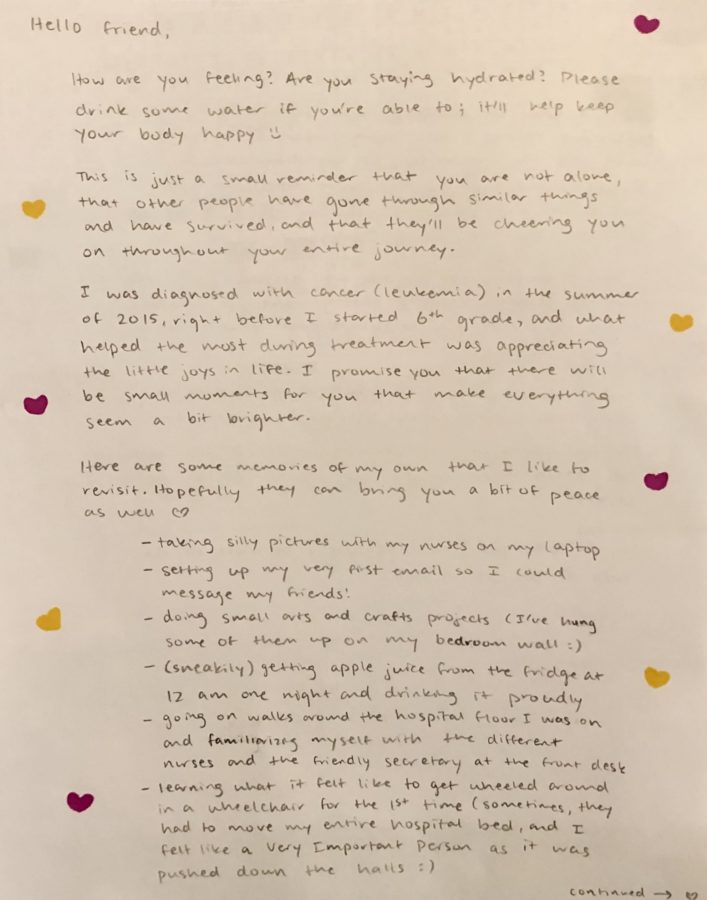The willingness of the School Board to consider pushing back school start times shows their concern for the well-being of students. But it’s not enough. At Conestoga, students’ stress and mental health struggles come not just from a lack of sleep, but also from a heavy workload. To help limit how heavy this workload can get, the School Board should consider limiting the number of AP classes a student is allowed to take each year.
There’s a school of thought that taking fewer AP courses will make students’ college resumes less competitive. But that’s not true. Colleges receive a profile from every school and will know what courses are or are not available to students. They expect students to challenge themselves within the context of their own school. If Conestoga limited the AP courses a sophomore could take to three, colleges would not penalize any student for “only” taking three AP courses their sophomore year. The Yale Admissions website, for example, says that “We only expect you to take advantage of such (AP or IB) courses if your high school provides them. Different schools have different requirements that may restrict what courses you can take. Again, we only expect that you will excel in the opportunities to which you have access.”
Many students take advantage of the variety of AP classes available at ’Stoga not for college, but to challenge themselves. But in a competitive high school like Conestoga, unlimited AP courses also prompt many students to overload on them at the expense of sleep, social lives, hobbies and really, anything that’s not related to schoolwork. Should homework play the central role in the lives of teenagers in high school? When we look back at our time here, what do we want to remember?
It’s easy to tell students that they need to take responsibility for their own schedules and decide what to prioritize. But when many students have been raised in a college-focused culture throughout their school career, often comparing themselves with peers, it’s unfair to expect them to now put their well-being and passions first. For all they know, their decision to prioritize health and pursue interests outside of school will make them less appealing in college applications when compared to students who chose to take as many AP courses as possible.
That is not to say that students cannot take a lot of AP courses and maintain good grades. But with a cap on APs, maybe these students would be more well-rested and have more free time to pursue interests independently.
Earlier this month, the School Board launched a survey to gauge student, teacher and parent support for a later start time. Why not do the same for limiting AP courses? When a cap may mean healthier and happier students, it’s worth considering.

























































































